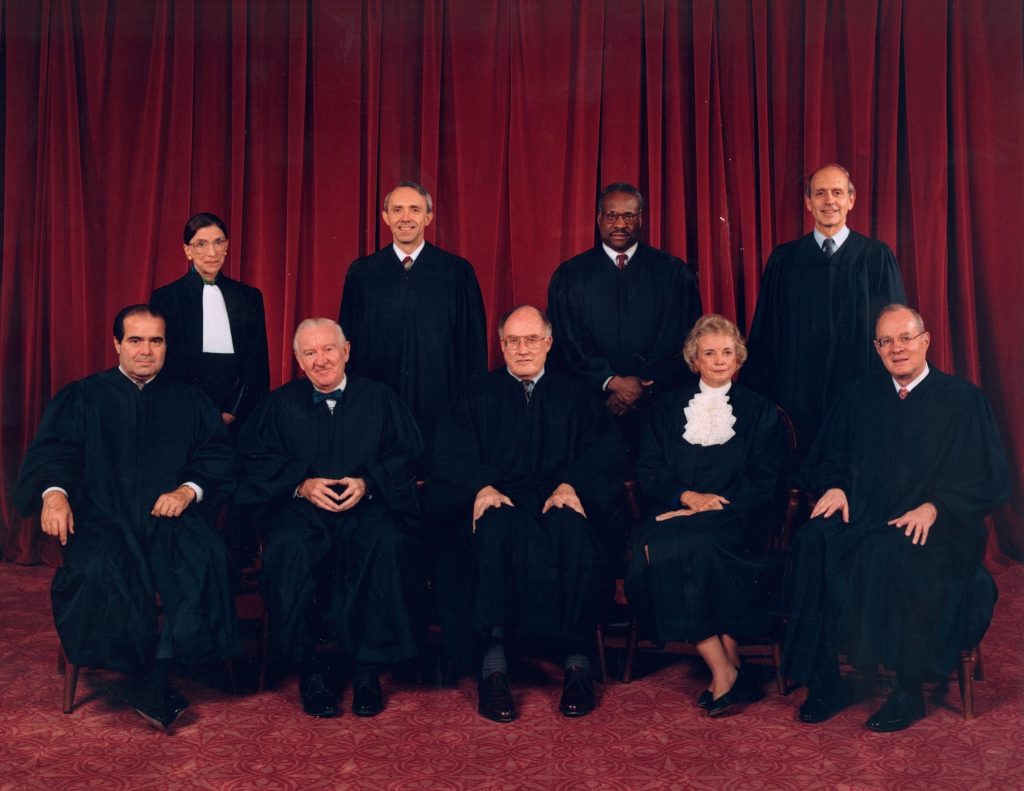


In 2003, the Supreme Court decided a pair of affirmative-action cases from the University of Michigan. The first case, Gratz v. Bollinger, challenged the university’s undergraduate affirmative-action policy. The second case, Grutter v. Bollinger, challenged the law school’s affirmative-action policy.
The university’s undergraduate admissions office employed a selection index. An applicant could score a maximum of 150 points. A score of 100 points guaranteed admission. Each applicant would receive points based on factors such as high school grade point average, standardized test scores, alumni relation- ship, and personal achievement. The university assigned a numerical value to an applicant’s race, which was the single largest factor. The Court observed, “under a ‘miscellaneous’ category, an applicant was entitled to 20 points based upon his or her membership in an underrepresented racial or ethnic minority group.”
The Court found that this policy violated the Equal Protection Clause of the Fourteenth Amendment.